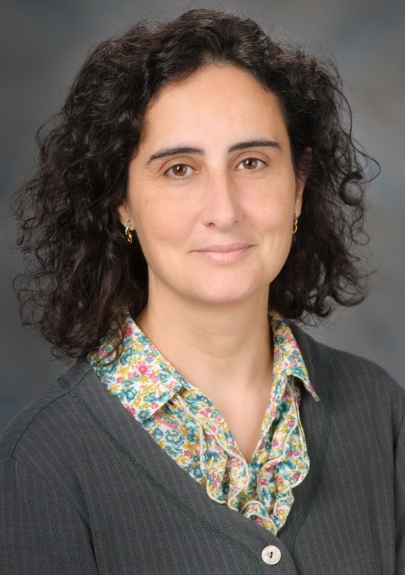Research And Grants

University of Texas MD Anderson Cancer Center – $100,000
Dr. Candelaria Gomez-Manzano
$100,000.00
November 2022
Translational
Brain Tumors
Viroimmunotherapy for pediatric brain tumors
Severe acute respiratory syndrome coronavirus 2 (SARS-CoV-2) is responsible for coronavirus disease 2019 (COVID-19) and has had deleterious impacts on cancer patients including a higher risk for severe illness and related mortality. Despite the undeniable and global negative effects in most cancer patients, some clinical anecdotes revealed the paradoxically beneficial role of COVID-19 on some patients with liquid tumors. During the pandemic, scientists reported cases of SARS-CoV-2 resulting in cancer remission. These recent cases together with many historical anecdotes highlight the potential of viruses as valuable anti-cancer therapeutic agents. Oncolytic viruses are biological agents that can exclusively eliminate cancer cells without harming normal cells. Selective virus replication within a tumor has the double effect of multiplying the initial viral dose and generating an immune-active microenvironment that in turn may result in a robust and persistent anti-tumor immune response. For the past 25 years, our laboratory has characterized the anti-glioma effect of a series of anti-tumor viruses produced under the general name of Delta-24. The second generation of these biological agents, termed Delta-24-RGD has been tested in several phase I and phase II clinical trials in both adults and children with malignant gliomas and DIPG. Reports from these trials showed that the cancer-selective virus infects and directly kills cancer cells and awakens the immune system of the patient. The engagement of this immune response is key to eradicating the tumor and preventing the recurrence of the disease. To enhance this immune effect, we developed Delta-24-RGDOX, a new generation of Delta-24-RGD virus, that is capable to activate immune cells within a treated tumor, generating an in-situ cancer-vaccine effect. We have observed that the infection of the tumor also elicits the resurface of immunosuppressive pathways partially shielding the tumor from the immune system of the patient. One of the main players responsible for the reemergence of tumor defenses is the protein indoleamine-pyrrole 2,3-dioxygenase (IDO). IDO is a marker of poor prognosis in gliomas and is activated after the adenovirus infection. For these reasons, we hypothesize that the combination of Delta-24-RGDOX with inhibitors of IDO shall potentiate the therapeutic effect of oncolytic virotherapy for DIPG. This three-pronged approach will directly attack the tumor, reshape the tumor microenvironment and eliminate the immune-suppressive barrier. Our hypothesis is based on our robust pre-clinical and clinical data. The project is innovative in its approach because it counteracts an ad-hoc resistance mechanism to virotherapy identified in our laboratories that has not been examined previously. Accordingly, this therapeutic combination has never been tested in children with malignant brain tumors and has the potential to induce a vertical advance in the field by inducing the complete regression of these deadly tumors.

